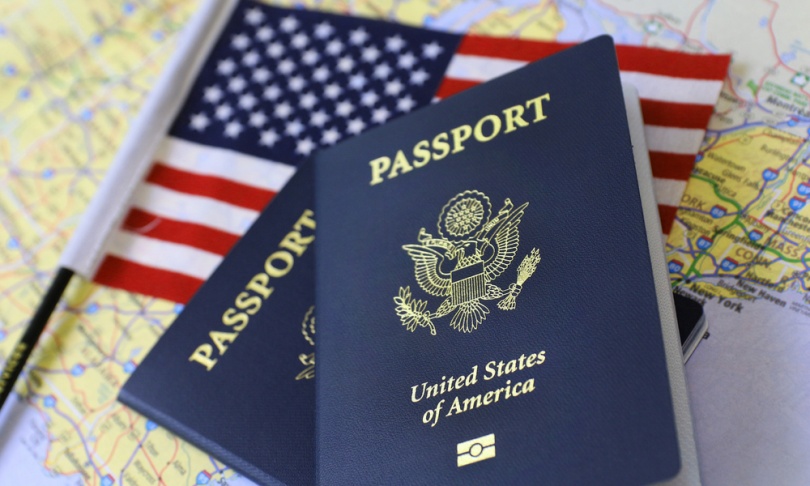In late March this year, Esther Mbabazi left behind Kampala, the chaotic capital of Uganda, and headed for the hills, forests, swamps and grasslands of Bwindi Impenetrable national park an eight-hour drive to the west. She went to find the communities of the Batwa people, who live on the park’s green, rainy edges.
Mbabazi, 26, had always been curious about the Batwa and wanted to find out how one of the most marginalised communities in east Africa had coped with the Covid-19 pandemic.
“Even most Ugandans don’t know about the Batwa … they just hear about ‘pygmies’ who live in the forest.” Says Esther Mbabazi.
The Batwa are nomadic hunter-gatherers who once roamed widely across the forest areas stretching across much of what is now Uganda, Rwanda, Burundi and the Democratic Republic of the Congo. Forced into smaller and smaller areas of the forest over the centuries by other ethnic groups who were farmers and who cleared the trees, the Batwa populations managed to preserve their traditional way of life until relatively recently.
In 1991 the Ugandan government created formal conservation areas in the Virunga hills and in nearby Bwindi. The Batwa, forced to live on the edges of the national parks, were unable to return to hunt small animals, collect wild honey or gather fruit, and found their traditional skills and vast knowledge of the forest ill-suited to life outside it. There was no effort to obtain the consent of the Batwa, or even to explain what was happening.
Nor was there any compensation, as the Batwa had never sought to own the land they lived on and from. Though some received land from the government, most are now squatters working their neighbours’ fields for a pittance while watching as tourists arrive with $600 government permits to visit the mountain gorillas in the wooded hills and valleys that were once home. They are among the poorest inhabitants of one of the world’s poorest countries. The community, estimated at 6,000, is so disadvantaged that when two years ago a Mutwa graduated from university, it made headlines in national newspapers.
Mbabazi photographed and interviewed several families over five days. “I got a tour guide and told him I wanted to go and visit the Batwa, but spend time with them and see their lives,” she says.
“The elderly were worried about the future of their tribe … The young people just wanted the same opportunities that all other Ugandans do. Many had never lived in the forest and I didn’t get a strong sense that they were struggling to keep their traditions.”
Uganda has the world’s second youngest population, with a median age of 16. Such demographics are having a political impact.
Uganda’s economy has suffered badly in the pandemic. Authorities ordered a severe lockdown last year when Covid began to spread in Africa, but have since loosened restrictions. With limited vaccines available on the continent, an end to the pandemic is still far away and the death toll continues to mount.
Mbabazi found the lockdown deeply frustrating. “Not working and that feeling you can’t create was very difficult, especially at the beginning,” she says.
Mbabazi wanted to be a journalist from when she was very young, and learned her skills from workshops and other photographers. She says she tried to “get away from the tourist gaze” when working on her essay on the Batwa.
“A big part of the story is the forest, the gorillas and the people,” says Mbabazi. “I would like to go back and spend more time with the community, especially the elderly who lived in the forest and saw it change. They were so happy to talk. There’s a lot more to record before it is too late.”
Essay via The Guardian
About Guide2Uganda
Guide2Uganda (www.guide2uganda.ug) is the most comprehensive source of travel information about Uganda that exists on the web, with more content on its cities & towns, accommodation, attractions, events, museums and galleries than any other online guide that currently exists for Uganda; as well as being a dynamic travel news and events driven site with fresh content added daily.
According to WeFollow & Peer Index (that measure online influence), we are among the most influential online media organizations in Uganda. Guide2Uganda was also awarded ‘’Best Destination Website in Uganda’’ by Jumia Travel Uganda in the 2018 Africa Travel Awards.
Share your travel stories & photos with the world via email: info@guide2uganda.ug





